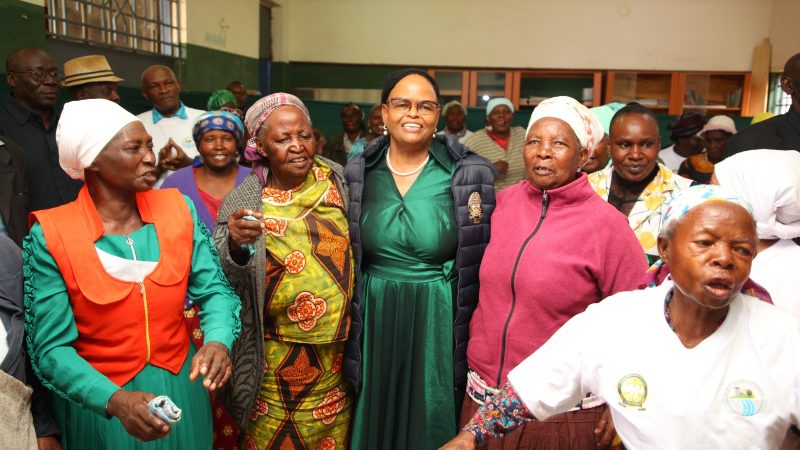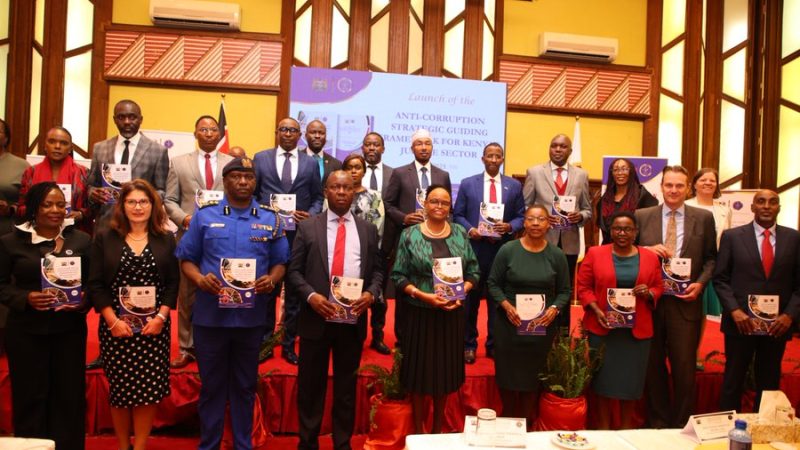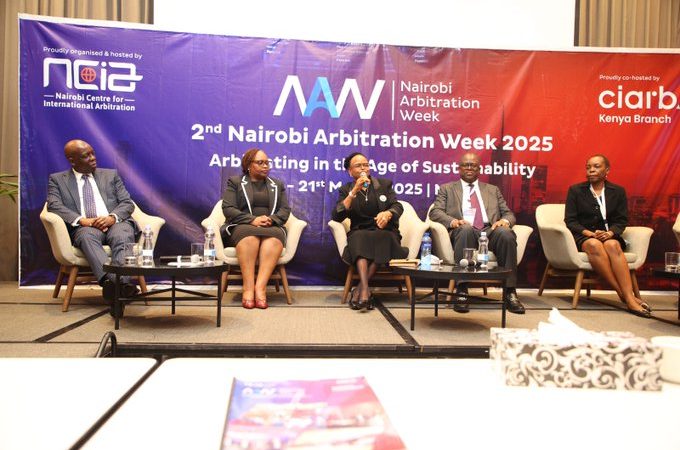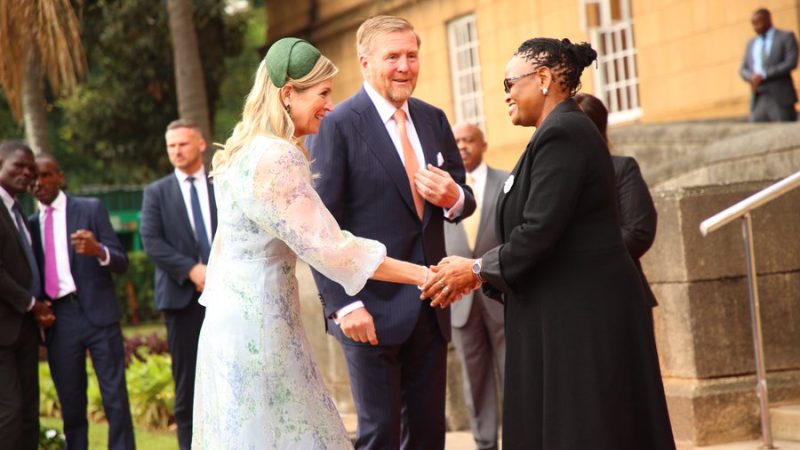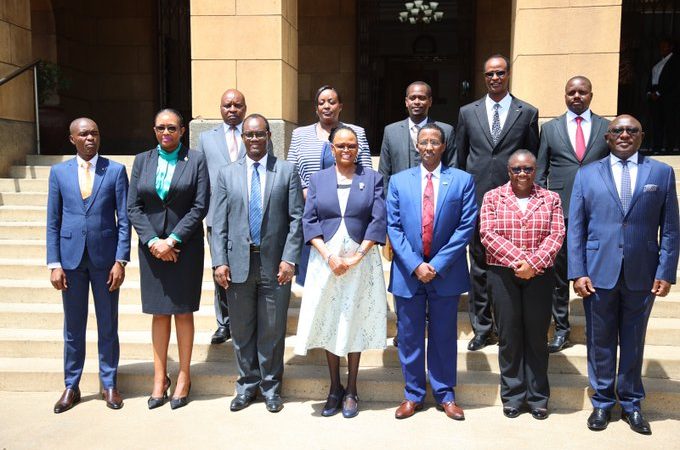65th General Assembly of the National Council of Churches of Kenya (NCCK)
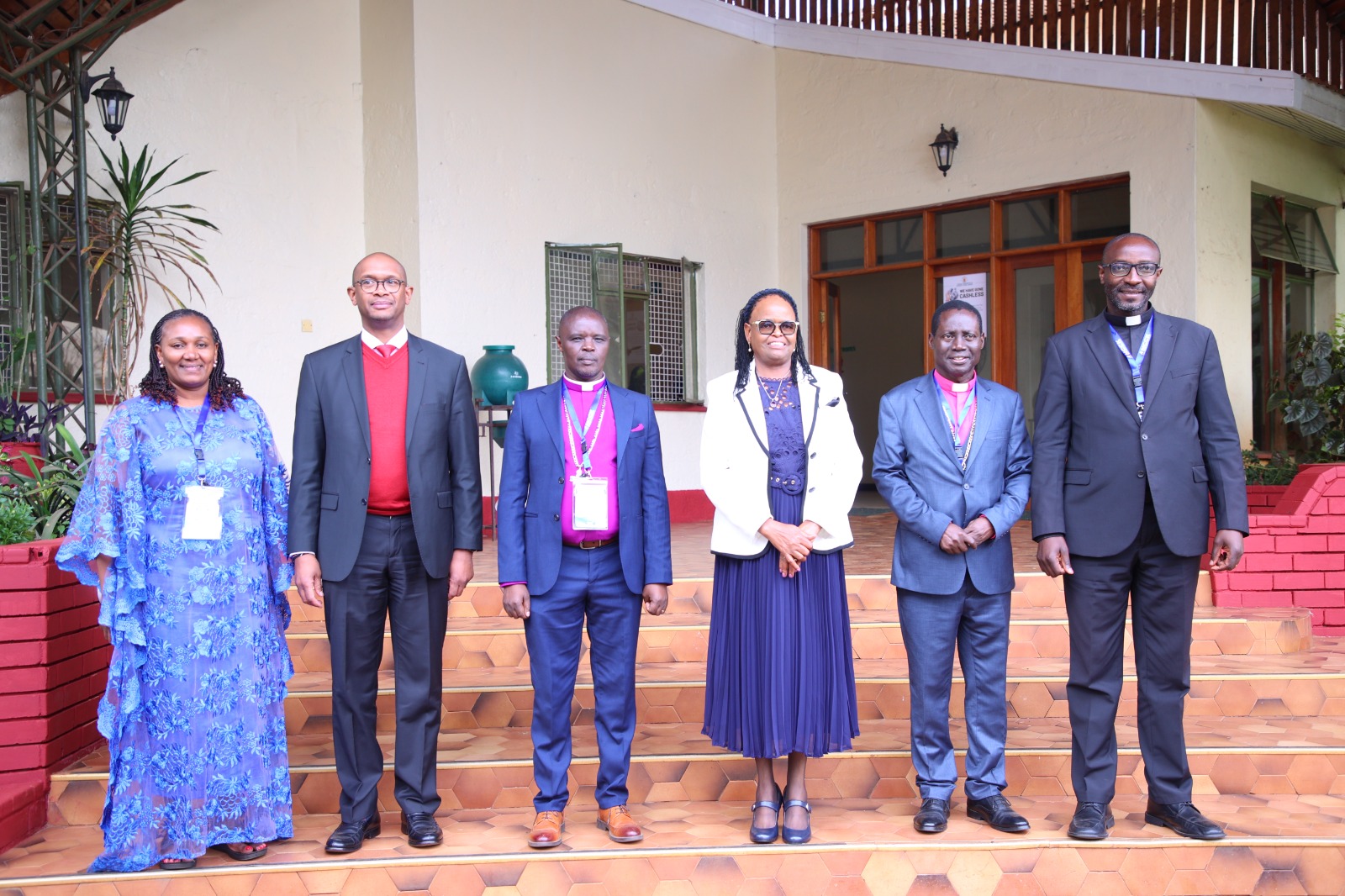
The Hon. Chief Justice delivered the Keynote address at the 65th General Assembly of the National Council of Churches of Kenya (NCCK) that is being held under the theme ‘Dignified Livelihoods and Resilient Communities’.
The Hon. Chief Justice commend our Churches for living the bible instruction in Galatians 6:9 of ‘not being weary in doing good’. We have many hospitals, schools, children’s homes, and homes hosting various vulnerable groups across the country, that are sponsored by our churches. These are examples of the positive impact that the Church has had on our communities by striving to ensure our people live dignified lives.
The NCCK, particularly in the 1990s, stood at the forefront of the fight for democratic and constitutional reforms in our country, echoing the voices of millions of Kenyans calling for freedom and justice. This struggle culminated in the promulgation of our transformative Constitution in 2010, which placed the principles of social justice, human dignity, and equality at the heart of our nation.
In a world where the marginalized and vulnerable continue to face injustice, our Christian teachings calls us to be instruments of social transformation. The NCCK’s long-standing commitment to the values of social justice, human dignity, and equality should continue to be pivotal in shaping our society, particularly as we navigate the post-2010 constitutional era.
At the Judiciary, we are fully aligned with the vision of promoting dignified livelihoods and resilient communities, which is why we are implementing our strategic blueprint, ‘Social Transformation through Access to Justice’ (STAJ). Our goal is to create a people-centered justice system that is accessible and responsive to the justice needs of all Kenyans. We believe in empowering individuals to be agents of justice in their own communities.
Going into the future, the collaboration between the Judiciary and faith communities like the NCCK is essential. The Chief Justice urged the Clergy to use the special place they occupy in their communities to be champions of justice and to be active participants in Alternative (traditional) Justice Systems (AJS) and Mediation initiatives, as these initiatives are vital in promoting social harmony that supports the realisation of dignified livelihoods and resilient communities.
